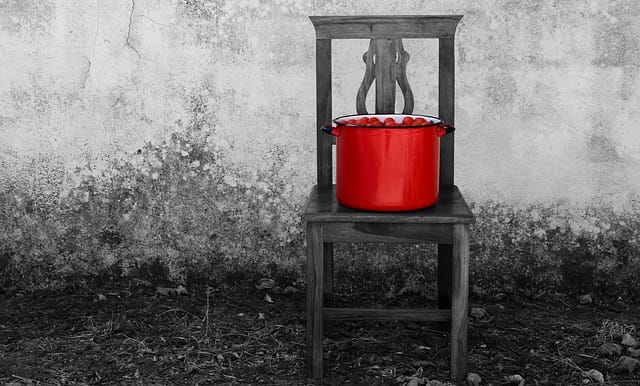A Mother’s Struggles
Emotional survival is never easy—especially for a mother trying to stay strong while her child battles mental illness like depression. Imagine carrying the weight of your job, your finances, and the responsibility of being a parent, all while facing the emotional toll of watching your child suffer. For single mothers, this burden can feel even heavier.
The Cost of Caregiving
While you pour your energy into caring for your child, it’s crucial not to neglect yourself. Ignoring your emotional needs can lead to burnout—or even depression. Research shows that conditions like depression can be hereditary, making it even more important to stay aware of your own mental health.
As a mother of a child with depression, you may already recognize the warning signs. But it’s just as important to watch for them in yourself: changes in sleep or appetite, ongoing sadness, fatigue, lack of concentration, and withdrawal from others. If you notice these symptoms, don’t hesitate to seek support from a doctor or mental health professional.
Recognizing Your Triggers
Part of emotional survival is knowing what affects you. What stresses you out? What brings you down emotionally? If possible, avoid those triggers. If not, practice self-talk to guide yourself through tough moments:
“It’s just for today.”
“I’ll be home soon.”
“Breathe. One step at a time.”
These small affirmations can be powerful tools in regaining control of your emotions.
Balance Is Key
To avoid sinking into your own emotional struggles, balance is vital. You can’t fully support your child if you’re falling apart yourself. Think of the airplane analogy: you must put on your own oxygen mask before helping others. The same is true here—your emotional survival must come first in order to be there for your child in the long run.
What Brings You Joy?
What helps you feel like you again? Whether it’s music, a good book, a TV show, or spending time with a friend, include those things in your routine. Don’t view them as luxuries—they’re lifelines. Physical activities like light jogging or even jumping jacks can elevate your mood. Meditation, journaling, or breathing exercises can help calm your mind. Best of all, these are healthy coping tools you can teach your child, too.
You’re Not Alone
Finally, don’t carry this burden by yourself. You may feel compelled to keep your child’s condition private, but speaking with a trusted friend or family member can offer immense relief. Even just having someone to listen can make a difference. If you need a break, don’t hesitate to ask for help—even a few hours of rest can restore your strength.
You Are Stronger Than You Think
With these tips, you’ll be better prepared to care for your own emotional needs while continuing to support your child. It’s not easy—but emotional survival is possible, and your strength can shine brightest during the darkest times.


